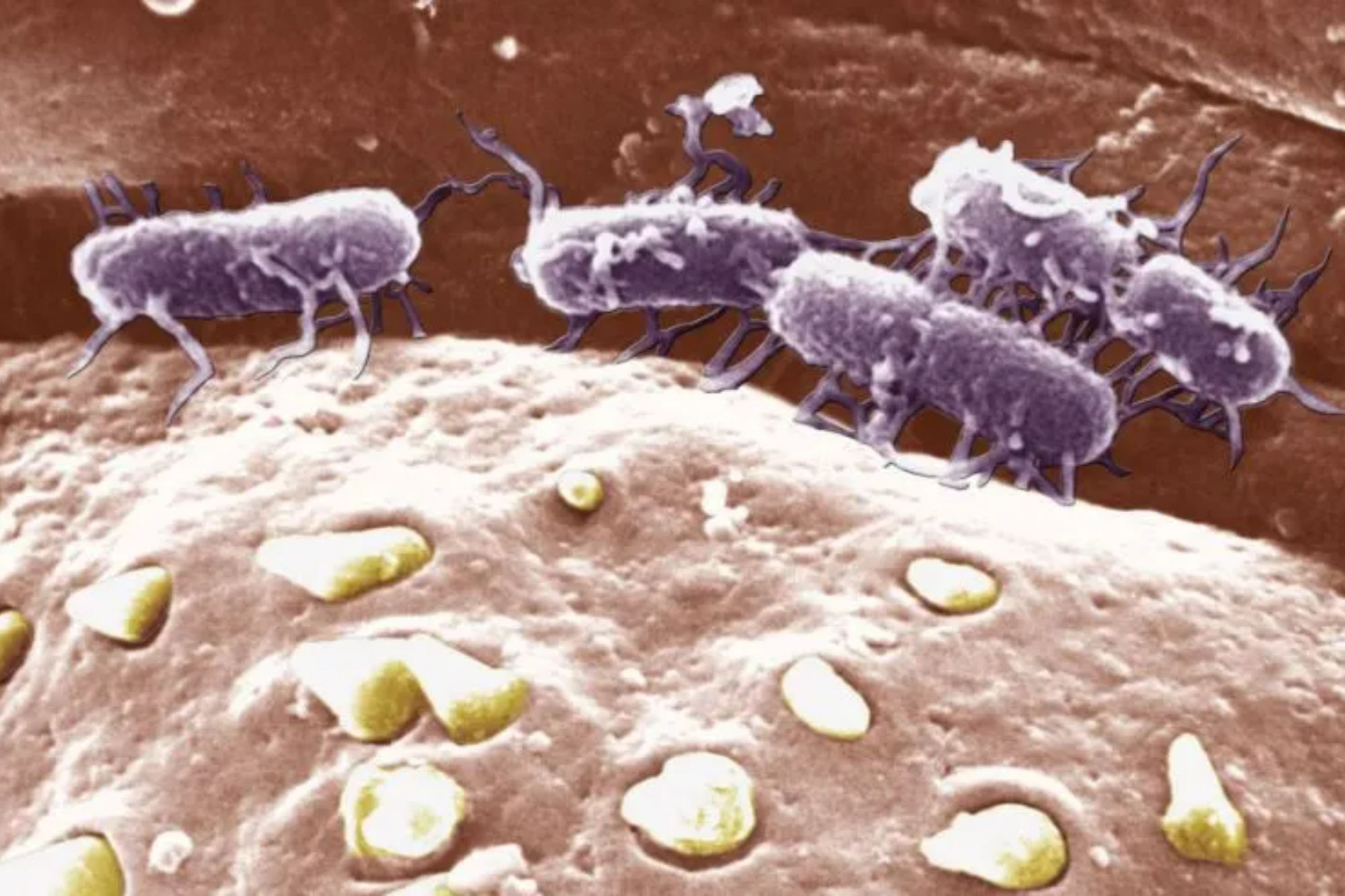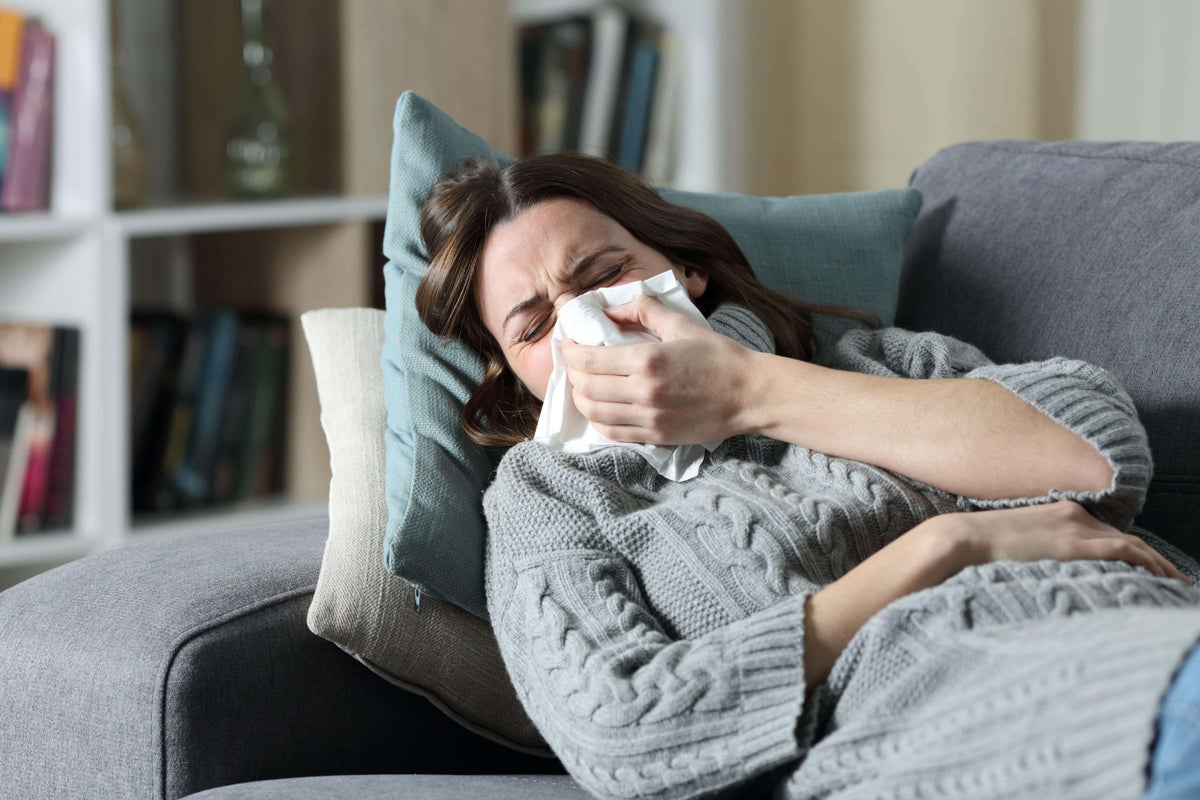TYPHOID fever, a disease that notoriously claimed the life of Prince Albert, husband of Queen Victoria, has hit record levels in Britain.
With most new cases linked to travellers returning to the UK, health officials are urging Brits to get vaccinated when visiting countries where the disease is rife.
Some 702 imported cases of typhoid and paratyphoid fever, deadly bacterial infections that can kill one in five if untreated, were reported in 2024, according to the UK Health Security Agency (UKHSA).
This marks an eight per cent increase from 645 cases the previous year, and the highest ever recorded.
Typhoid is a bacterial illness that, without swift treatment, can lead to fatal complications such as internal bleeding or ruptured organs.
It is caused by salmonella bacteria, typically spread through food or water contaminated with infected urine or faeces.
Most British cases are linked to travel to South Asia, including India, Bangladesh, or Pakistan, which has poor sanitation and limited access to clean water
Officials have also raised concerns over a troubling rise in antibiotic-resistant typhoid in Pakistan.
The mutant strain known as XDR, resistant to standard treatments, has been spreading since 2016, heightening the risk of severe complications.
Globally, around a fifth of typhoid cases are fatal, though deaths are less common in countries like the UK.
Symptoms of typhoid infection typically appear one to two weeks after exposure.
Early signs include flu-like symptoms such as fever, headache, body aches, fatigue, cough, and constipation.
As the illness progresses, symptoms worsen, with nausea, diarrhoea, and occasionally a rash. At this stage, the risk of life-threatening complications increases significantly.
With prompt treatment, such as antibiotics, the infection usually resolves within three to five days.
While the NHS offers a free typhoid vaccine for travellers to high-risk countries, no vaccine exists for paratyphoid, which is caused by a related but distinct bacteria.
“It is important that travellers remain alert and plan ahead of going abroad – even if you’re visiting friends and relatives abroad or it’s somewhere you visit often,” Dr Philip Veal from UKHSA said.
He urged people to visit the Government’s Travel Health Pro website for information on what vaccines or medications tourists may need before travelling to an overseas destination.
Dr Philip added this was especially important for pregnant people or those hoping to have one in the near future as they could be at heightened risk.
“If you are pregnant or trying to conceive there are special precautions you should take, so please speak to a healthcare professional before planning your trip,” he said.
Though most cases are now imported, typhoid was a serious public health crisis in 1800s Britain, claiming around 16,000 lives annually.
The disease struck people from all walks of life, from overcrowded slums to royal palaces. Prince Albert, Queen Victoria’s husband, succumbed to typhoid fever at just 42 years old.
‘Typhoid Mary’
This isn’t the first time typhoid has long crossed borders. It’s most infamous carrier, Irish cook Mary Mallon, infected hundreds when she emigrated to the United States in 1884 and settled in New York.
She was detained after unknowingly infecting the American families she cooked for through the food she served them.
It was believed she carried the disease silently, with no symptoms, infecting between 51 and 122 people with the disease – three of which died.
Dubbed “Typhoid Mary,” she spent 26 years in quarantine until her death.
The nickname has since become a term for someone who spreads disease or other misfortune.
How to avoid typhoid fever
To protect yourself from typhoid, make sure to see your GP at least two weeks before travelling to find out if you need a vaccine.
Even if you were born or raised in countries like Pakistan, Bangladesh, or India, or have travelled there before, you may still need a vaccination. The vaccine offers protection for around three years.
As there’s no vaccine for paratyphoid, be cautious with food and drink.
Follow the rule: Boil it, cook it, peel it, or forget it! Eat only freshly prepared, piping hot food, or fruit you’ve peeled yourself, like bananas or mangoes.
Stick to bottled or cooled boiled water, ensuring bottles are sealed or opt for sparkling water to avoid refills.
Use bottled or boiled water to brush your teeth, and avoid tap water entirely.
Wash your hands regularly with soap and water, especially before eating, drinking, or preparing food, and after using the toilet.
Avoid uncooked foods, including:
- Salads
- Raw or undercooked shellfish
- Buffets (unless dishes are steaming hot)
- Unpasteurised milk and cheese
- Ice cubes
- Tap water
- Ice cream
- Cold desserts in restaurants
- Leftovers
Taking these precautions can significantly reduce your risk of infection.
Source: UKHSA







